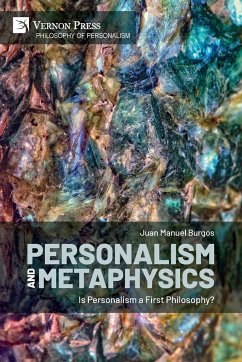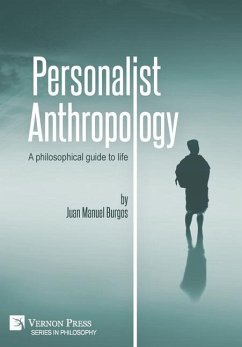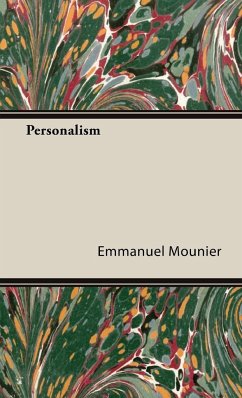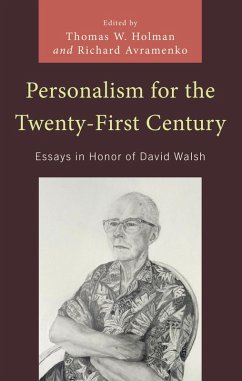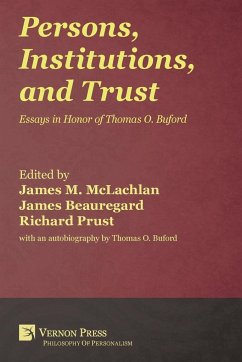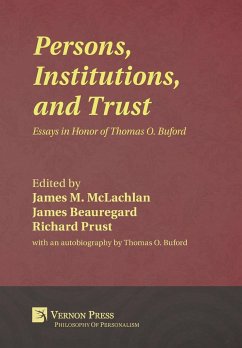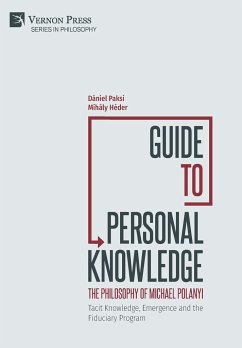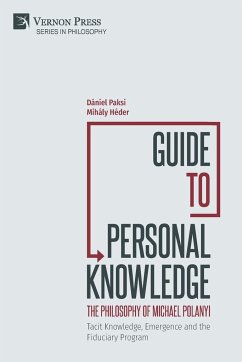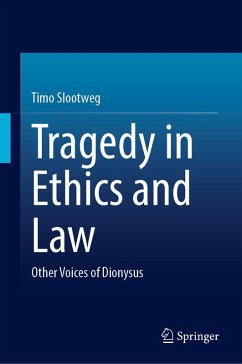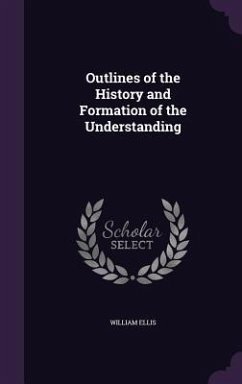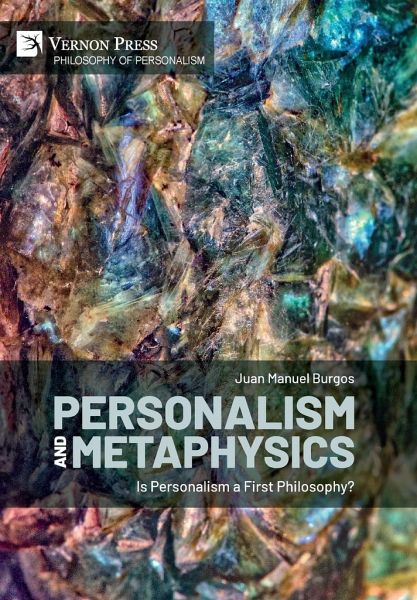
Personalism and Metaphysics
Is Personalism a First Philosophy?
Versandkostenfrei!
Versandfertig in über 4 Wochen
56,99 €
inkl. MwSt.
Weitere Ausgaben:

PAYBACK Punkte
28 °P sammeln!
Personalism seeks to understand the person in its richness, complexity, and unity, and, to achieve this goal, it has developed a rich and solid anthropology as well as an ethic of the person that is having repercussions in the philosophical and sociopolitical sphere. But what is the value of this philosophy? Does it offer a mere description of the reality of a phenomenological type, or does it penetrate to the bottom of what exists, offering its intelligible essence? Does it offer an ultimate explanation of the person, or is her vision subordinated to a deeper and more decisive one that would ...
Personalism seeks to understand the person in its richness, complexity, and unity, and, to achieve this goal, it has developed a rich and solid anthropology as well as an ethic of the person that is having repercussions in the philosophical and sociopolitical sphere. But what is the value of this philosophy? Does it offer a mere description of the reality of a phenomenological type, or does it penetrate to the bottom of what exists, offering its intelligible essence? Does it offer an ultimate explanation of the person, or is her vision subordinated to a deeper and more decisive one that would correspond to metaphysics? To answer these questions, the author, an international expert in personalist philosophy, first defines the various meanings in which the term metaphysics can be understood and, secondly, does a comparison between personalism, in particular, integral Personalism, and the metaphysics of being. The analysis concludes that personalism can be considered a first sectoral philosophy, that is, a philosophy that does not need other philosophical referents to establish itself as a philosophy thanks to its direct access to experience, where the person is found. This conclusion is based on the epistemology of integral experience and imposes a review of the traditional role of metaphysics and its connection with anthropology in general and Personalism in particular.



